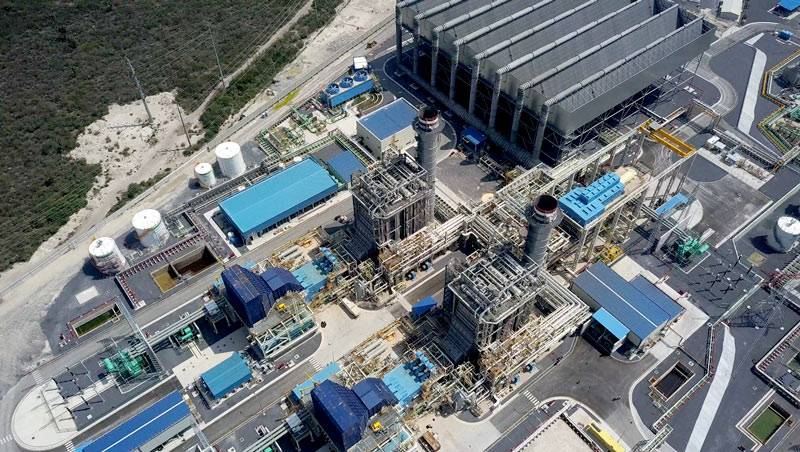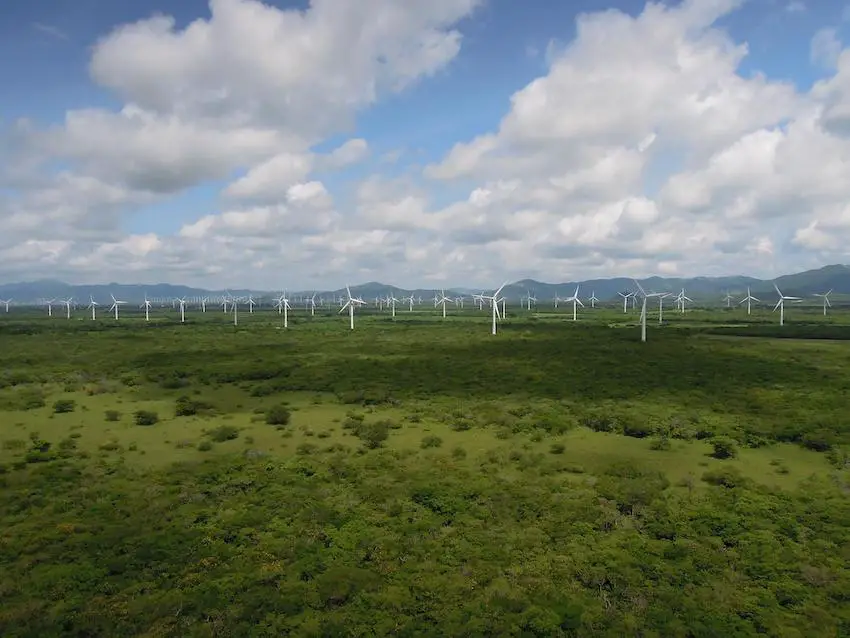The Mexican government’s purchase of 13 power plants from the Spanish company Iberdrola will be partially financed with revenue from electricity production over the next decade.
Finance Minister Rogelio Ramírez de la O announced during President López Obrador’s morning press conference on Wednesday that 66.5 billion pesos (US $3.68 billion) of the US $6 billion purchase will be paid for by profits generated by the plants.

“The operation will be paid for in 10 years. In 10 years, we will have revenue that exceeds the amount that we invested in the acquisition,” he said.
The National Infrastructure Fund (Fonadin) will contribute 45 billion pesos (US $2.49 billion) toward the acquisition. Ramírez de la O stressed that this will not contribute to the public debt, as the funding is “an internal flow.”
“Money from the treasury enters Fonadin, and the fund recovers that money. The Federal Electricity Commission (CFE) will generate operational profits, but at the same time, it will generate dividends.”
“It is not debt,” he continued. “What Fonadin does is manage its own assets.”

Ramírez de la O said the transaction is attractive enough that large banks have approached the federal government to finance it. However, the government has declined because it has sufficient resources to carry out the operation on its own.
Two energy experts interviewed by the newspaper Reforma doubted the wisdom of the Iberdrola purchase, noting that it would have been better for the government to build new plants than to purchase aging ones that have been in use for years. President López Obrador argued that the Iberdrola plants have a useful life three times greater than those of the CFE.
The federal government’s acquisition of the 13 power plants, consisting of 12 combined-cycle plants and one wind farm, will increase the CFE’s share of the country’s electricity market from about 40% to 55.5%, representing what President López Obrador referred to as a “new nationalization of the electricity sector.”
The sale speaks for about 80% of Iberdrola’s assets in the country and reinforces the energy firm’s plans to exit the Mexican market. While 17.3% of the company’s global spending was earmarked for Mexico in 2017, this figure decreased to only 2.4% by 2022.

The newspaper El Economista attributes this shift to the López Obrador administration’s energy policies, which favor participation by state-owned companies. Iberdrola has faced a series of bureaucratic obstacles in recent years, including nonrenewal of permits, high fines and disconnections from the country’s electricity grid.
The federal government is expected to finalize the purchase in the next 30 days.
With reports from 24 Horas, El Heraldo de Chihuahua and El Economista
